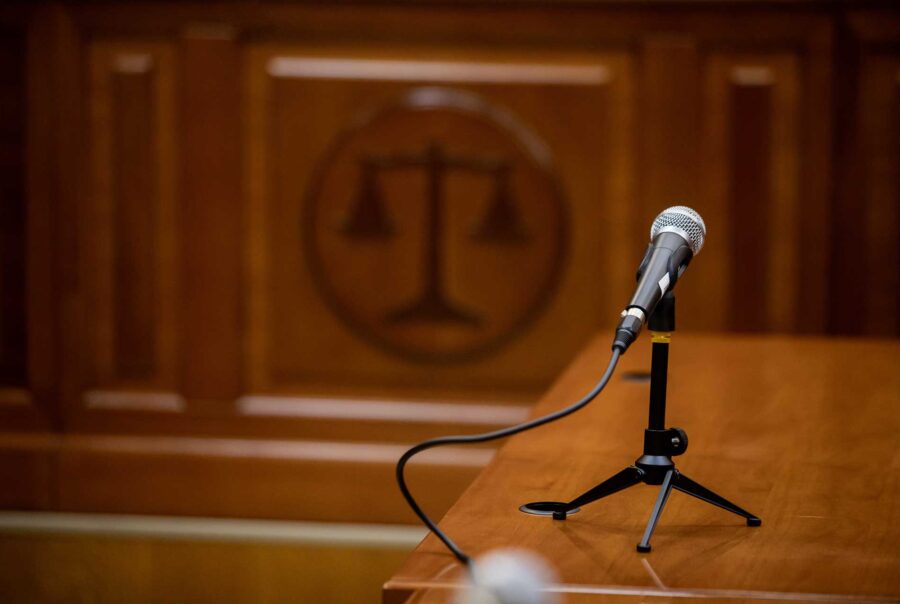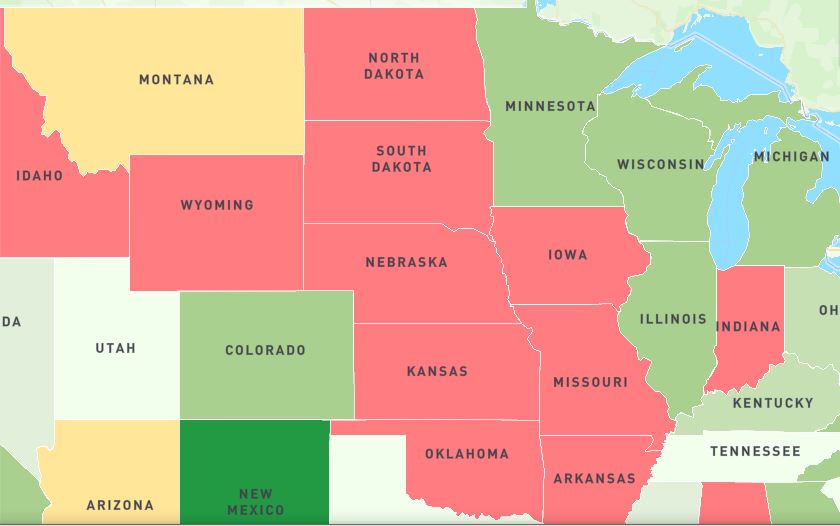Technical Expert Testimony
Chris Neme
Chris Neme, co-founder and principal of Energy Futures Group, testified in a case before the Illinois Commerce Commission involving a proposed rate increase by Peoples Gas.
Neme presented analysis assessing the cost-effectiveness of transitioning forced air gas heating systems to electric systems for the average single-family homeowner in Peoples Gas service territory. His analysis determined that electrification of single-family homes that formerly had gas furnaces was cost-effective and energy bills for customers switching to electric supply were hundreds of dollars lower in the very first year. He also demonstrated how greenhouse gas emissions are reduced when a home is electrified.
Neme provided recommendations to mitigate risks ratepayers could face as a result of broad electrification. He recommended that the Commission initiate a “future of gas” process to identify the most likely pathways to decarbonizing the current Illinois fossil fuel system and the impacts that those pathways might have on gas and electric rates and bills, including an in-depth exploration of regulatory policy changes that could be appropriate to mitigate financial risks to gas ratepayers.








